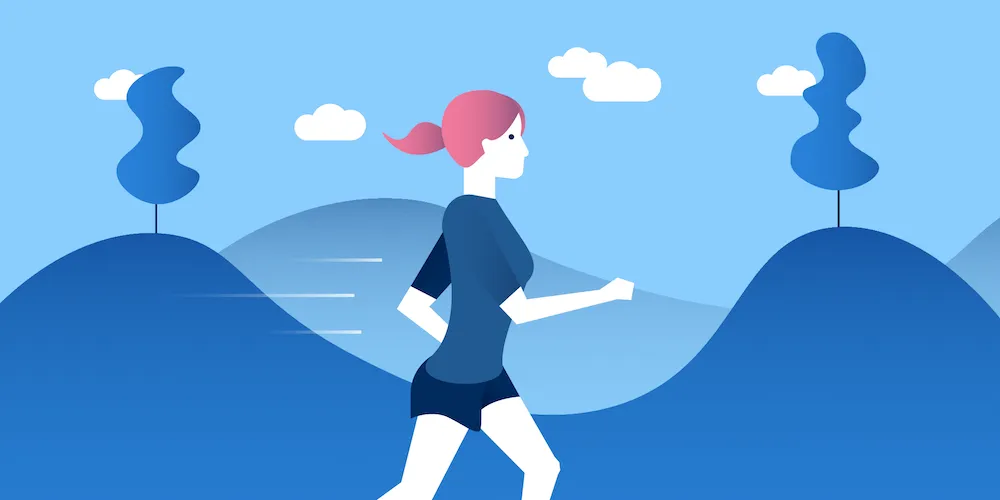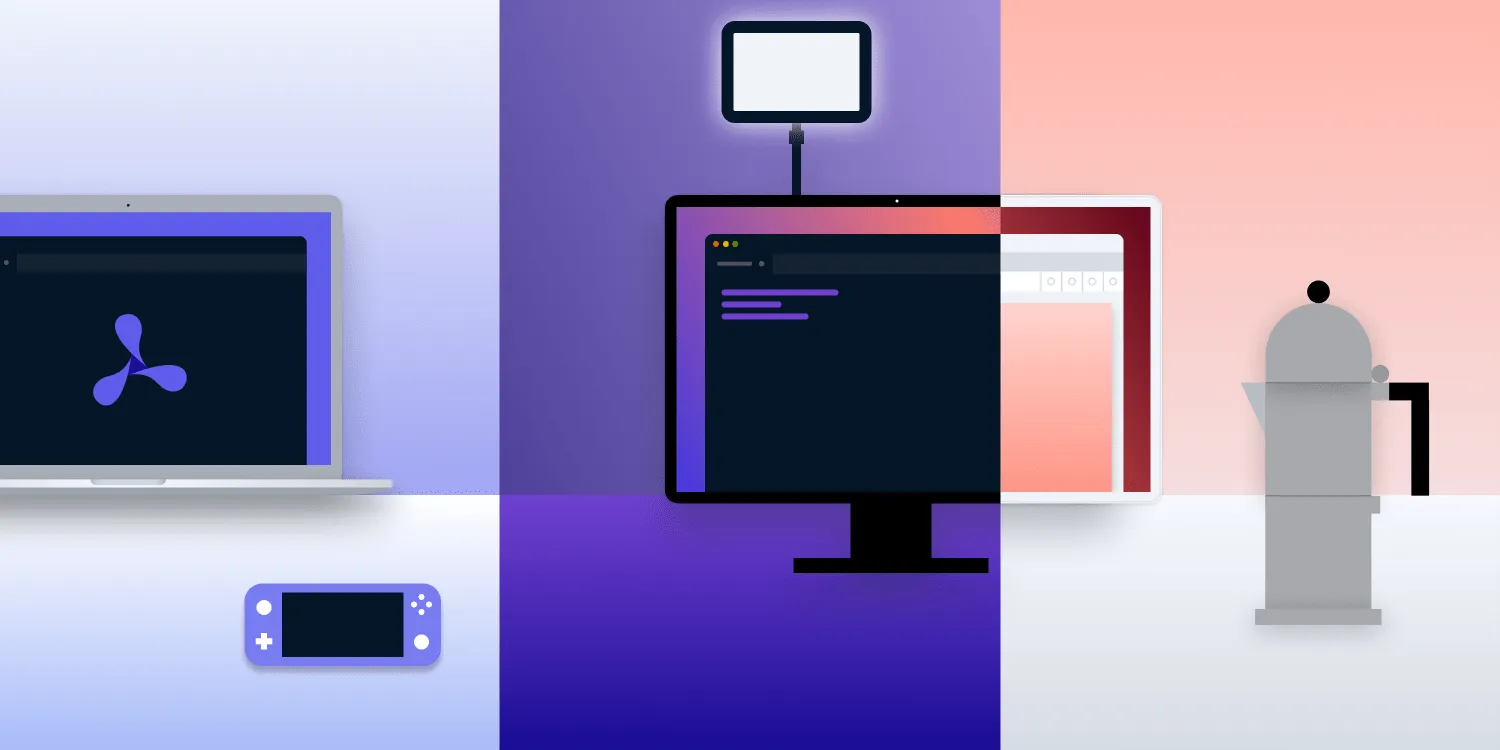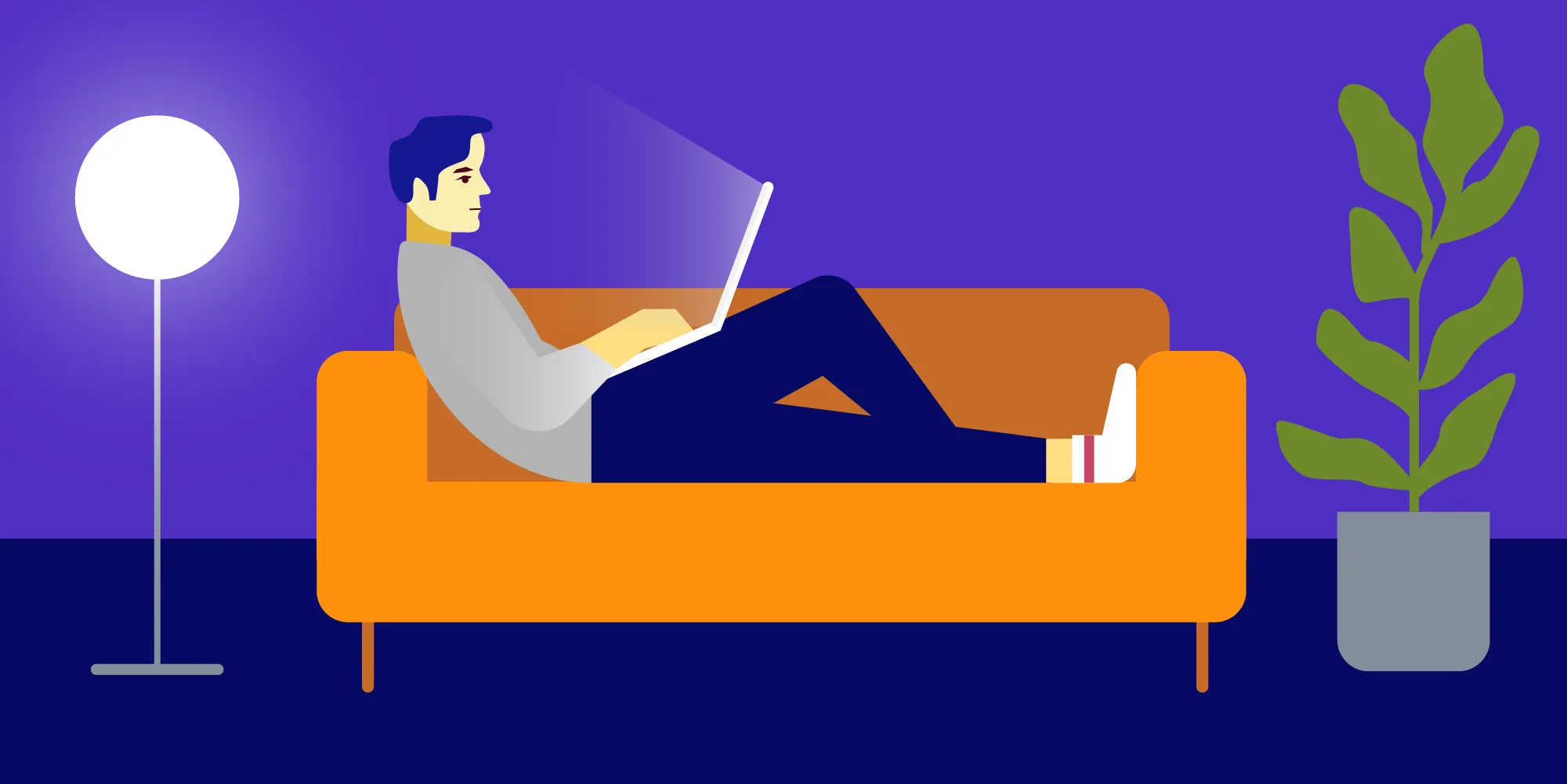Eight Hours: Recreation
Table of contents

What we do in our free time should be enjoyable and beneficial to our physical and mental wellbeing. However, it can also have a drastic effect on our work lives, which is no small chunk of time. So in this blog post, I’ll be laying out some advice on what to focus on during your spare time to minimize stress and make your work life easier overall.
Reality
If you ask the vast majority of people what they do in their spare time, you’ll find that many sit in front of the TV(opens in a new tab) or mindlessly scroll through some type of social media feed. Both of these tasks require very little concentration, give mild satisfaction, and keep your brain engaged just enough. I would argue there’s no real purpose to these activities, other than to sedate your mind from the day that has passed. Usually, the reason for this is because many people have jobs that don’t make them happy or cause a lot of stress, and their time off work is a chance to escape from having to work all day on something that might not bring them joy.
I’m not saying you should never use social media or watch TV, but I would argue that too many people do these things as a way of “winding down” or “checking out.” In the process, they miss out on important ways of using relaxation and physical exercise to cleanse their minds and reset and repair their bodies.
Cleansing Your Brain
After you’ve had a hard day at work — meaning you’ve had to use a lot of brain power to learn and solve problems — you need time to organize things and file them away in your brain. By engaging in mindless activities, you will never give your brain the time to do this, and the information will sit there for the rest of the night and into the next day.
For example, you might have heard someone say they cannot get to sleep because their brain is so active — or maybe this has even happened to you. When you are trying to get to sleep, it may well be the first time during that day where you have stopped and you have no distractions. As a result, your brain will decide it seems like a great time to go through and process everything that happened that day. You often reiterate over the same point(opens in a new tab), which is just your brain’s way of reinforcing what you learned in order to be able to recall information better in the future.
The point of cleansing your brain is to use a little bit of your free time to allow yourself to process the day before going to bed. This helps in reducing mental stress, and it will ensure you can sleep well and wake up for the next day ready and refreshed. If you instead continue to cognitively engage in tasks for the entire day without any reprieve, you will be mentally fatigued and less likely to recover fully for the next day.
It all comes down to the tasks you choose, and TV is one example of something that is just cognitively engaging enough to keep your brain constantly assessing new information without providing any real benefits. It has audio and visual stimulation, and most programming is created to continue hitting your dopamine receptor(opens in a new tab) to keep you interested. But there are other tasks — such as gaming, learning, and social media — that also keep you from truly cleansing your brain. Instead of relying on these things to destress at the end of the day, it’s important to make time for things like real relaxation and physical exercise.
Relaxation
Sleep and relaxation are different(opens in a new tab). Being in a relaxed state means you can still perform some mental tasks, like planning out the next day or deciding what to eat for dinner. But the main point is just to allow yourself and your brain some time with little to no stimulation.
There are lots of ways to boost your brain(opens in a new tab), but the key is finding a method that works for you. One great way of getting into a relaxed, unstimulated state is meditation. The goal is to clear your brain of any thoughts, but the reality is that of course you will be thinking about something when entering or even during a meditative state. This is nothing to worry about; meditation says to embrace these thoughts and then move on. Allowing yourself to think things over and then let go of them can help you enter an even deeper level of relaxation.
However, relaxation does not even mean you have to be static. Cal Newport’s book Deep Work(opens in a new tab) introduces walking as one of the most relaxing thing to do. But it is important that the walk isn’t too stimulating — for example, going for a walk in the middle of London is likely going to be full of distraction-based situations and end up being pretty stressful. But if you have the opportunity to go for a walk in a park, or better yet, in the wilderness, you can enter a state of relaxation in the brain and benefit from some mental cleansing.
Physical Activity
As many of us are static for a good majority of the day, it’s very important to perform some type of exercise. This can be paired with relaxation, as explained above. Going for a long walk or maybe taking up running can be great mentally and physically. It has been proven that exercise improves your memory and could even improve your ability to solve problems(opens in a new tab).
Exercising also provides an opportunity for some social interaction in the form of team sports. Even traditional solo sports like running, cycling, or bouldering can be great to do in groups, as they allow you to have conversations during the activity. As many of us reading this article are likely developers or engineers of some type, I’m sure social interaction is low on the list of things we are facing during the day. It is necessary though; just searching Google for the importance of social interaction for mental health(opens in a new tab) brings up a whole host of articles showing us why we should strive to be somewhat social. By combining this with a physical activity, we can reduce a little bit of social anxiety and also get a good dose of exercise at the same time.
Conclusion
It’s easy to fall into the trap of laying down on the sofa after a long day at work and catching up on your favorite series or your Twitter feed. And on that note, I’d like to stress the importance of not shaming people because they watch TV or they spend all night on the internet. I would, however, like to encourage people to question their own behavior and ask whether or not the habits they have outside of work are beneficial to their physical and mental wellbeing.
Having the ability to process your day in your down time is rewarding both in your personal life and your work life. Although it might not be immediately obvious how it relates to our work, it becomes more apparent when we start to look at how our brains form memories and deal with the actions from our day. Implementing a routine to include relaxation and exercise will not only benefit your physical health, but it will allow you to stay mentally healthy, which will spill over into your work life.
Interested in how other parts of your life can affect your work? Check out the rest of the series.







